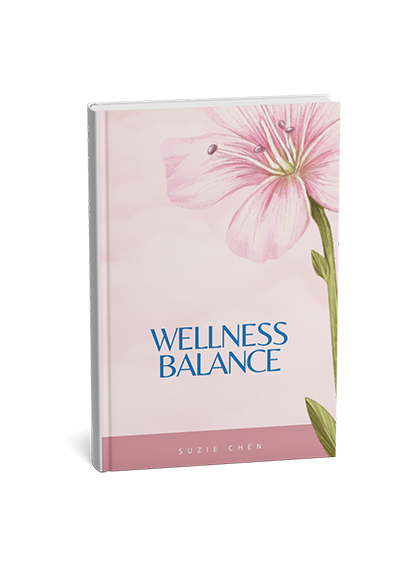Discover the real science behind declining fertility, what global data tells us, and how expert holistic care can help optimise your chances of conception after 35.
Fertility after the age of 35 has become one of the most searched health topics globally, and for good reason. With more people delaying parenthood, understanding the biological, genetic, and clinical implications is crucial. In this feature, we dive into recent scientific research, IVF success rates across the UK and US, and evidence-based holistic approaches to fertility optimisation.
Is Fertility After 35 a Genetic Gamble?
A 2023 study published in Biomolecules revealed that two-thirds of embryos in women over 40 carry chromosomal abnormalities. These abnormalities are one of the leading causes of early miscarriage and IVF failure.
What many don’t realise is:
- 90% of chromosomal number errors originate from the egg
- Most structural chromosomal defects stem from the sperm
This interplay of gamete genetics is at the heart of many fertility struggles for individuals and couples worldwide.
Why Chromosomal Health Matters in Fertility
Chromosomes are the building blocks of genetic instruction. When they’re incomplete or incorrectly paired, the body often recognises the error — resulting in:
- Miscarriage (over 60% of early miscarriages are due to chromosomal issues)
- Congenital conditions such as Down syndrome and Turner syndrome
- Failed embryo implantation or stalled development in IVF
Global Trends: Delayed Parenthood on the Rise
Delaying parenthood is becoming more common across developed nations:
- UK: Average maternal age reached 30.9 in 2023 (ONS)
- US: 2023 was the first year more women over 40 gave birth than teenagers (Parents Magazine)
- China: The proportion of mothers aged 35+ rose from 8% (2000) to 17% (2020)
- Japan: IVF success rates in women over 40 are just 10%, compared to 30% for women under 30
IVF Live Birth Rates: UK vs US
UK (HFEA 2022):
- Ages 35–37: 26%
- Ages 38–39: 18%
- Ages 40–42: 10%
- Ages 43–44: 5%
US (SART 2021):
- Ages 35–37: 40.5%
- Ages 38–40: 26%
- Ages 41–42: 13.3%
- Over 42: 4%
These statistics highlight the biological decline in fertility and the limited window for successful conception via assisted reproductive technologies.
Can You Improve Fertility Naturally?
Yes — and it starts with personalised, integrative care.
For Women:
- Reproductive acupuncture to support egg health and hormonal regulation
- Massage-based lymphatic therapy to promote circulation and endometrial receptivity
- Natural hormone balancing for conditions like PCOS and endometriosis
For Men:
- Treatments to improve sperm morphology, DNA integrity, and motility
Final Word
Fertility may be a genetic lottery — but with the right insights, timing, and expert guidance, you can shift the odds in your favour.
Ready to start your personalised fertility journey?




0 Comments